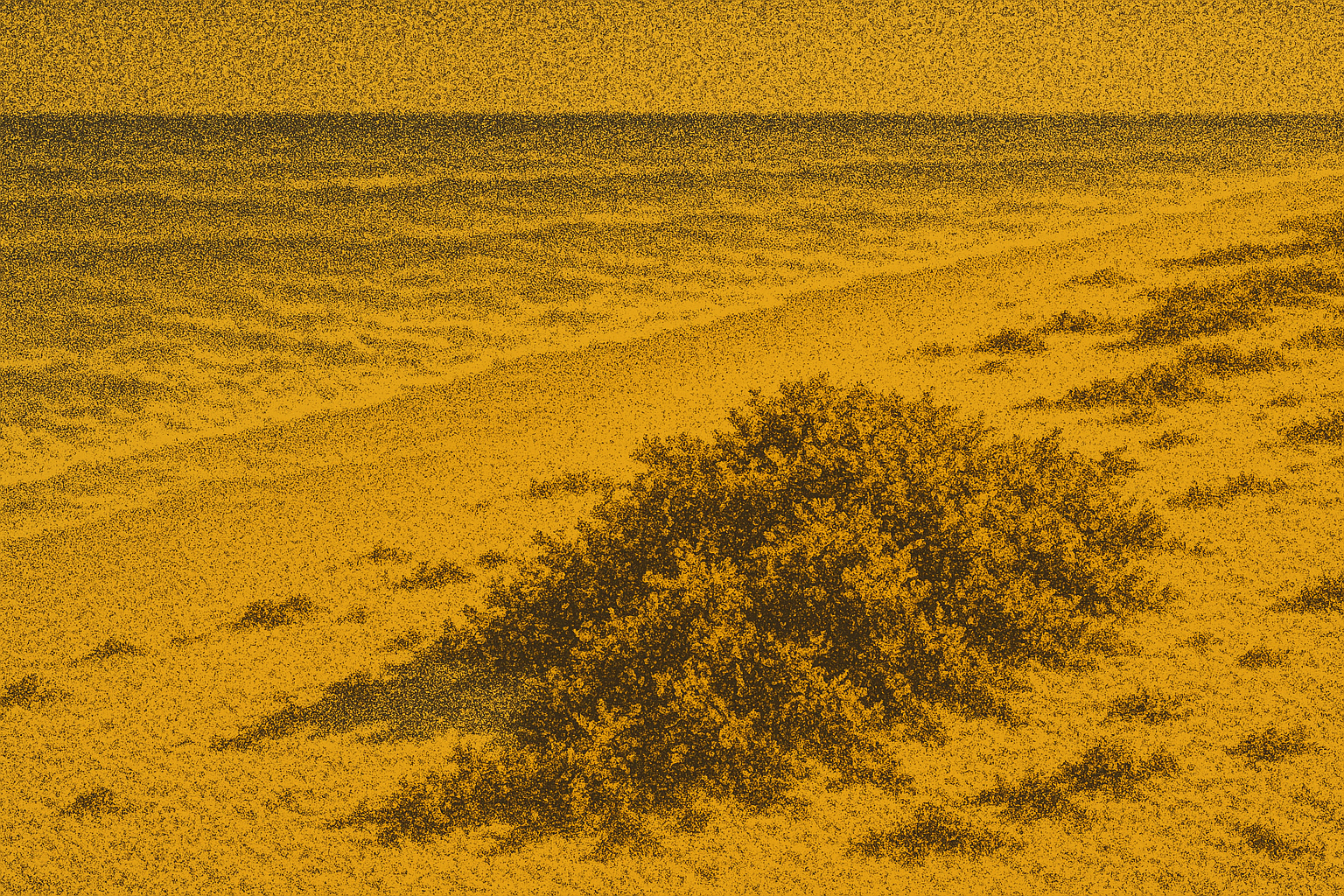Harvesting the Sea: A Vision for Autonomous Catamarans and Floating Biodigesters

In the warm waters of the Caribbean, a challenge floats quietly across the horizon: massive blooms of Sargassum seaweed. These golden-brown mats disrupt tourism, damage marine ecosystems, and choke coastal communities. But what if this ecological burden could be transformed into a sustainable resource?
The Vision: Gentle Harvesting with Autonomous Catamarans
Imagine a fleet of sleek, solar-powered catamarans gliding silently over the waves. Designed for autonomy, these vessels require no human crew, allowing them to operate around the clock. Large, lightweight sails harness steady trade winds, while solar panels provide the electrical energy needed for navigation, sensors, and gentle collection mechanisms.
Unlike industrial trawlers or heavy equipment that risk harming fragile marine life, these catamarans would "skip" or "skim" across Sargassum fields with minimal disturbance. Sophisticated environmental sensors ensure that fish, turtles, and other organisms are safely avoided, while robotic arms or gentle conveyor systems gather only the floating seaweed. The process is as non-invasive as a breeze rippling across the surface.
Floating Biodigesters: Turning Waste into Energy
Collected Sargassum would be transported to anchored floating biodigesters positioned offshore. These floating processing stations convert the seaweed into biogas through anaerobic digestion, producing clean, renewable energy. The biogas can be stored and transported to nearby islands, reducing reliance on imported fossil fuels and lowering carbon emissions.
Additionally, the byproducts of digestion—nutrient-rich effluents—can be carefully managed or processed into safe fertilizers, creating a closed-loop system that benefits local agriculture without polluting delicate reef ecosystems.
Ecological Balance and Economic Opportunity
This approach offers multiple layers of benefit: it helps restore the natural balance of coastal waters, relieves pressure on tourism-dependent communities, and creates a new green energy sector for island nations. Unlike brute-force collection methods, these autonomous catamarans would embody a philosophy of "light touch" technology: working with nature, not against it.
As climate change intensifies and Sargassum blooms grow more frequent, this vision offers a proactive, sustainable response. Instead of treating the seaweed as waste, we treat it as an untapped asset—harvested respectfully, processed intelligently, and converted into energy that empowers the very communities most affected.
A Floating Symbiosis
In many ways, this system mimics nature itself: sunlight, wind, and gentle currents powering a closed-loop cycle of growth, harvest, and renewal. Autonomous catamarans and floating biodigesters represent more than technology; they represent a new kind of partnership between humanity and the sea—a floating symbiosis that honors both progress and preservation.